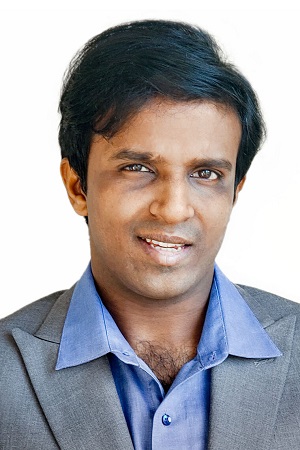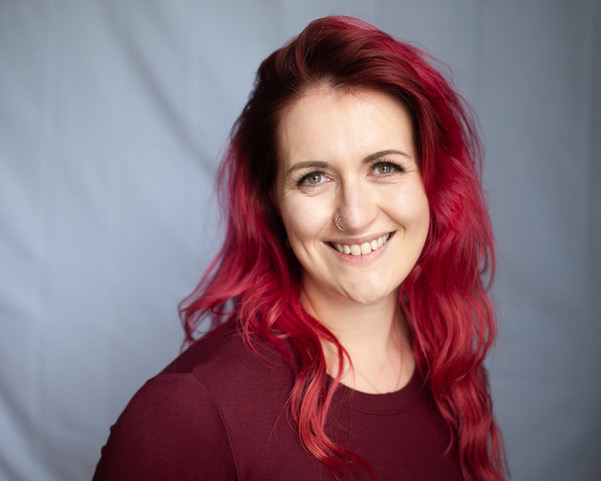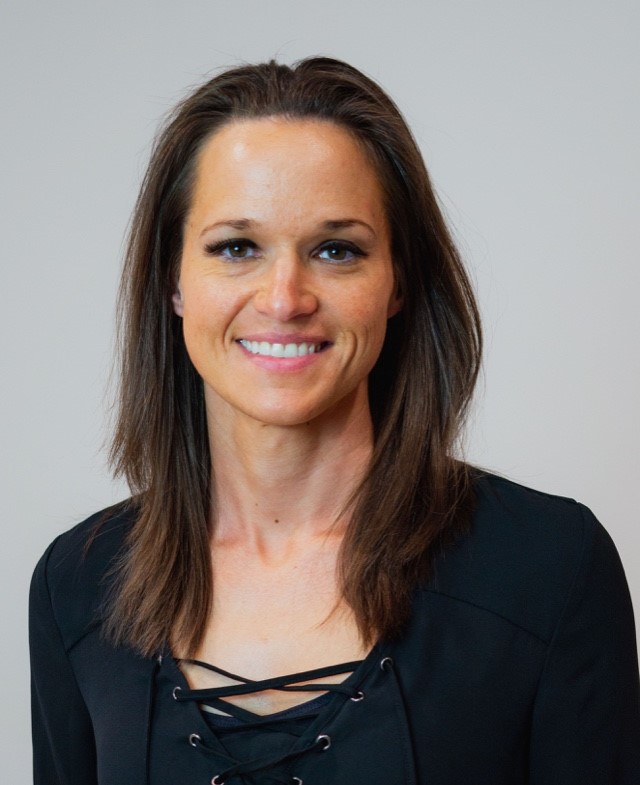Meet the NISE Fellows

Hari Srinivasan
Hari Srinivasan is a PhD Candidate at the Vanderbilt Brain Institute's Neuroscience Graduate Program and an alum of UC Berkeley. Hari is part of the Wallace Multisensory Lab housed at the Live Learning Innovation Incubator here on the Vanderbilt campus. Hari’s grad school research focusses on sensorimotor issues in autism, specifically Peripersonal space, the area just outside our body we consider as our actionable space. His research is supported by numerous prestigious fellowships and awards - NSF Graduate Research Fellowships, PD Soros Fellowship, AIRP Answers Scholar, and NISE Fellowship (Neurodiversity Inspired Science and Engineering Fellow, at the Frist Center for Autism and Innovation at Vanderbilt) and more. As an autistic with considerable sensory processing and communication challenges, he hopes his research will not just add to knowledge but also contribute to translatable solutions such as development of technology that can help in sensory retraining so that autistics are better able to navigate their social and spatial environments. This video below is a recent talk at the Vanderbilt Brain Institute on the current status of his grad school research on Peripersonal Space in Autism. As an undergraduate he had also researched the emotions of awe and empathy in autism. In addition to research, Hari channels his lived experience by writing extensively on autism and disability, engaging in multiple autism-focused initiatives, and serving on various nonprofit boards to foster understanding and practical solutions.

Dr. Jessica Schonhut-Stasik
Jessica Schonhut-Stasik received her PhD in Astrophysics, specializing in Galactic Archaeology at Vanderbilt University, supported by a Neurodiversity Inspired Science and Engineering Fellowship. Jessica is also the Director of Communications for the Frist Center for Autism and Innovation and is a vocal neurodivergent self-advocate.
Jessica publishes in peer-reviewed journals on stellar binarity, evolved stars, and telescope synergies. She recently published the largest sample of evolved stars for Galactic Archaeology. She previously held a position as Telescope Systems Specialist at the UKIRT Telescope on Maunakea, Hawai'i, one of the largest telescopes in the world, and has observed independently over 300 nights.
She merges her passions for astronomy and neurodiversity through focused work on disability in STEM, authoring most recently on the benefits of sonified astronomical data for the blind and low-vision community. In 2024, she founded a non-profit, The Neuroverse Initiative, which works at the intersection of neurodiversity and space science and runs programs through the arms of advocacy, research, and training.

Amber Crabtree

